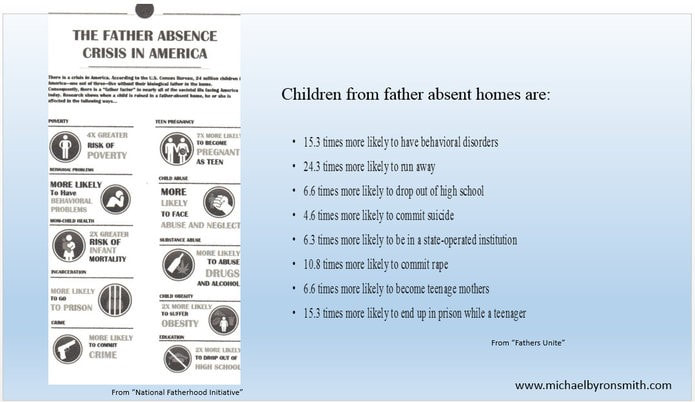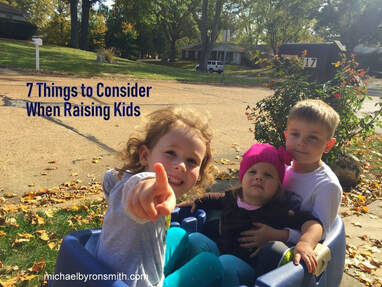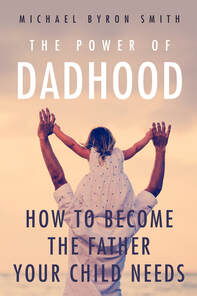 The children of the military are Little Patriots that serve our country through their parents.
The children of the military are Little Patriots that serve our country through their parents. Mentors are people that teach by example. We all need mentors as we grow through different stages of life, but especially when we are young. Children aren’t good judges of their mentors; therefore, they may follow any example, good or bad. My father was absent most of my life, and when he was around, he was typically drunk and an embarrassment. It’s a shame because my father, when sober, was quite interesting, smart, and a gentleman. But the moments where I looked upon my dad as someone to admire was shattered continuously by the drunk he could become and did become over and over again.
My substitute hero became the actor, Jimmy Stewart. I’m not sure what it was that first attracted me to Mr. Stewart. I think it may have been a common interest we had in aviation. That interest was key in his acceptance of movie roles like “The Spirit of St. Louis” and “Strategic Air Command.” He also played George Bailey in my favorite movie of all time, “It’s A Wonderful Life”. As I watched him in these and other movies, I became enamored by the type of characters he played. Typically, he was honorable, shy, and did the right thing. I dreamed of being like the characters he played in the movies, and even more importantly, the man he was in real life!
James Stewart was a real-life pilot in the Army Air Corps/U.S. Air Force and insisted on going into combat when he could have made recruiting films. Returning from the war in late 1945, Mr. Stewart insisted that his military exploits, which included many combat missions and numerous decorations, not be publicized. I was impressed by that kind of humility. You would have to look far and wide and still not find anyone who would say anything disparaging about him. Once he married, later than most, he remained faithful although admired by many of his female co-stars.
Once, on a business trip to Los Angeles, I drove by the house he lived in for years. Unlike the big mansions behind gates and hidden by vegetation where most stars lived, Jimmy Stewart’s home was on a typical street in Beverly Hills, accessible by anyone who would have walked up to the door. Yes, his was the model I wanted to follow, big shoes to fill for sure, but I loved the challenge.
A disadvantage of having a distant hero is the inability to ask questions or to be reassured when doubts arise. But having someone to look up to, to imagine what your hero would do, is a comfort and a direction in which to look.
Where to find them?
The idea of a substitute father/hero is a good one, but it comes with the danger of misplacing one’s trust with someone whose values are not the best or don’t gel with your personality and goals. Misplaced trust happens too often with young men without boundaries. For instance, joining a gang is often how a young man chooses to belong, emulating the behavior of the men in that gang, most of whom are barely older and have the same identity issues. Sometimes boys in a father-deprived situation like I was look up to hyper-masculine movie heroes who mislead them about real life and being a man.
A wonderful place to go to find a substitute hero is Big Brothers (now called ‘Big Brothers, Big Sisters’), an organization I volunteered for while I was in the Air Force. Their Mission is to ‘provide children facing adversity with strong and enduring, professionally supported one-to-one relationships that change their lives for the better, forever’.
The young man for whom I was a Big Brother was nine years old, had long hair, and very quiet. We went fishing, bowling, and to the movies. I went to his ballgames and bought him ice cream. We talked as much as I could get him to talk. I did the things I wish my father had done. While I was a young mid-twenties male with self-confidence issues myself, to him, I was a successful jet pilot in the U.S. Air Force. Did he seem impressed? Not really, he didn’t even ask me about flying. But that was not why I was there. I was there to show him he was important and spending time with him proved that. I let him know my dad was not there for me, just like his dad wasn’t there for him. And I became what I wanted to be . . . just like he could become what he wanted to be.
Summary
The power of example is an awesome one. We can’t let young men stumble into the wrong places to find their models. Boys thrive on the ideals of service and sacrifice when they have the right examples to follow. I challenge all men to be available to boys who need guidance and encouragement. Young people are our most precious resource, and we must protect our future.
















